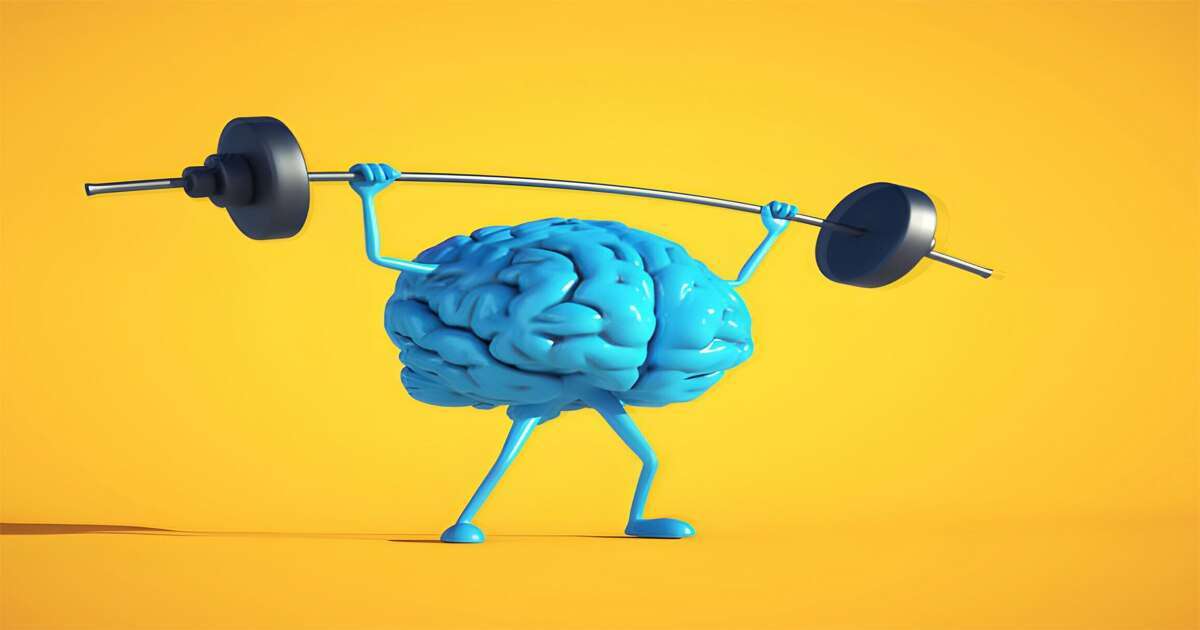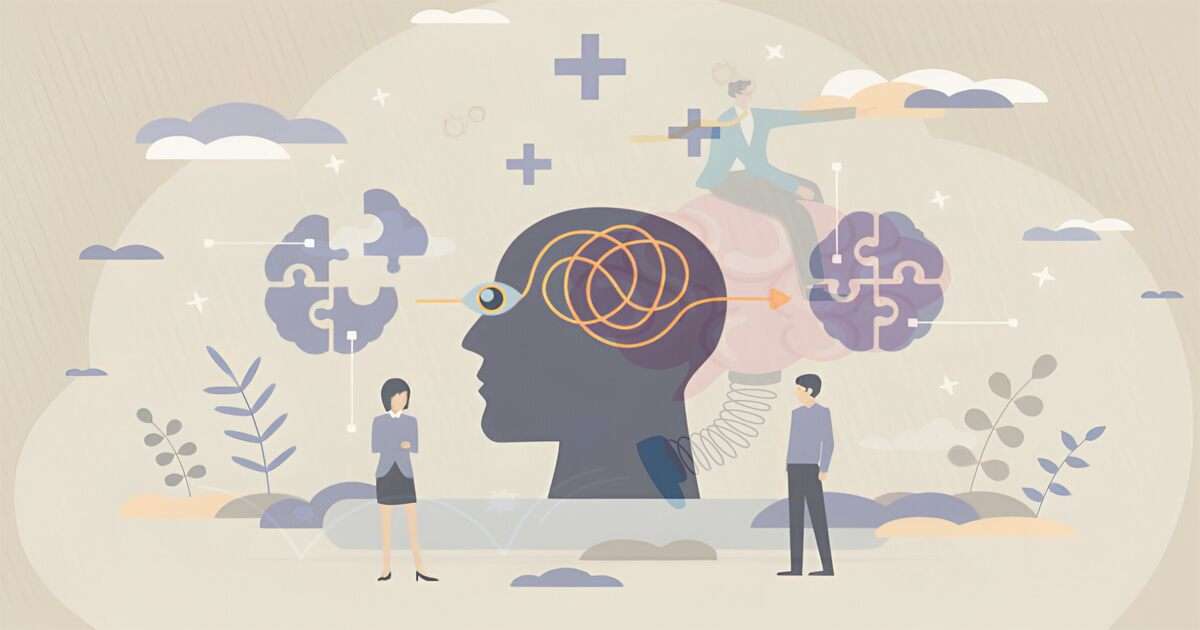In a fast-paced world of challenges, cultivating mental resilience has become crucial for navigating life’s twists and turns. Mental resilience is more than just bouncing back from setbacks; it’s the ability to adapt and maintain a positive outlook in the face of adversity. Developing mental resilience is like building a fortress for the mind, enabling individuals to withstand stress and emerge stronger.
One key aspect of mental resilience is fostering a growth mindset. The power of self-awareness also plays a pivotal role in building mental resilience. Understanding one’s emotions, thoughts, and reactions allows for better self-regulation and navigating difficult situations with a clearer perspective.
Regular practice of mindfulness and stress-reduction techniques is another cornerstone of enhancing mental resilience. Whether through meditation, deep breathing, or other mindfulness exercises, individuals can develop a greater capacity to stay present and calm amidst life’s storms.
Building a support network is equally vital for mental resilience. Surrounding oneself with positive influences, seeking support when needed, and fostering meaningful connections contribute to robust mental well-being.
Mental resilience is a dynamic process involving continuous learning, self-reflection, and cultivating positive habits. By embracing challenges, practising mindfulness, and fostering supportive relationships, individuals can fortify their mental resilience and thrive in life’s uncertainties.
Emotional Strength Synonym
Emotional strength is the bedrock upon which individuals can weather life’s storms and triumph over adversity. It goes beyond merely managing emotions; it involves harnessing them as a power source and resilience. Cultivating emotional strength empowers individuals to navigate challenges gracefully and emerge from difficulties with newfound wisdom.
A cornerstone of emotional strength is self-awareness. Understanding one’s emotions, recognizing triggers, and acknowledging vulnerabilities form the foundation for building resilience. By embracing a spectrum of emotions without being overwhelmed, individuals can harness emotional experiences as catalysts for personal growth.
Developing emotional strength requires the ability to regulate and channel emotions effectively. This involves not suppressing feelings but instead finding constructive outlets for expression. Whether through creative endeavours, physical activity, or open communication, redirecting emotional energy fosters a sense of control and balance.
Adaptability is another critical component of emotional strength. Life is unpredictable, and adapting to changing circumstances without succumbing to despair is a hallmark of emotional resilience. This adaptability enables individuals to bounce back from setbacks.
Supportive relationships play a pivotal role in bolstering emotional strength. Connecting with others, sharing experiences, and seeking support create a network as a buffer during tough times. Individual self-reliance and communal support form a robust foundation for emotional strength.
Emotional strength is a dynamic and evolving quality that individuals can nurture and strengthen over time. Through self-awareness, effective regulation, adaptability, and supportive connections, individuals can fortify their emotional strength and face life’s uncertainties with unwavering resilience.
Psychological Flexibility (mental resilience)
Psychological flexibility is the cornerstone of mental well-being, encompassing the ability to adapt, cope, and thrive in life’s challenges. It refers to the capacity to navigate various situations with an open mind, allowing one to accept thoughts and emotions without being overwhelmed.
At its core, psychological flexibility involves embracing the present moment without judgment. This mindfulness-driven approach encourages individuals to observe their thoughts and feelings without getting entangled in a web of self-criticism or avoidance. By acknowledging the ever-changing nature of the mind, individuals can foster a sense of inner balance.
An essential aspect of psychological flexibility is the willingness to adapt to new circumstances. Life is inherently unpredictable, and those with psychological flexibility demonstrate resilience by adjusting their responses to meet the moment’s demands. This adaptability enhances problem-solving skills and promotes a more positive outlook on change.
Effective communication with oneself and others is another crucial component. Individuals with high psychological flexibility engage in open and honest self-dialogue, allowing them to express their emotions and thoughts more effectively. This skill extends to interpersonal relationships, as they can navigate differing perspectives with empathy and understanding.
In conclusion, psychological flexibility is a dynamic and invaluable trait that empowers individuals to approach life’s challenges with resilience and openness. By embracing the present moment, adapting to change, and fostering effective communication, individuals can cultivate psychological flexibility as a guiding force toward mental and emotional well-being.
Emotional Intelligence
Emotional intelligence is the bedrock of personal and interpersonal success, transcending traditional measures of intellectual prowess. It involves the astute recognition and management of one’s emotions, coupled with an empathetic understanding of others. Individuals with high emotional intelligence navigate the complexities of human relationships with finesse, fostering meaningful connections and achieving greater overall well-being.
Emotional intelligence involves self-awareness, the ability to recognize and understand one’s emotions. This self-awareness compass guides individuals to make more informed decisions and respond thoughtfully to various situations. Coupled with self-regulation, emotional intelligence empowers individuals to control impulsive reactions, leading to more constructive outcomes.
A pivotal aspect of emotional intelligence is social awareness, encompassing empathy and understanding others’ emotions. This skill enables effective communication and collaboration, as individuals with high emotional intelligence can navigate diverse perspectives with sensitivity. In turn, this fosters positive relationships in both personal and professional spheres.
Effective relationship management, the final pillar of emotional intelligence, involves using emotional understanding to navigate social situations adeptly. Individuals with this skill set can resolve conflicts, inspire others, and create harmonious environments. This, in turn, contributes to a more fulfilling and successful life.
Resilience Training (mental resilience)
Resilience training has emerged as a crucial aspect of personal development, equipping individuals with the mental and emotional fortitude to navigate life’s challenges effectively. It involves a systematic approach to building resilience, the ability to bounce back from setbacks and adapt to adversity.
The core of resilience training lies in enhancing one’s ability to cope with stress. This proactive approach to building resilience goes beyond mere reaction; it empowers individuals to engage actively in their mental well-being.
One key element of resilience training is the cultivation of a growth mindset. Embracing challenges as opportunities for growth fosters a mindset that sees setbacks as temporary and opportunities for personal development. This shift in perspective contributes significantly to building resilience over time.
Mindfulness practices are often integral to resilience training. Techniques such as deep breathing promote and enhance self-awareness. By being present in the moment, individuals can better understand their reactions to stressors, ultimately allowing for more effective coping mechanisms.
Moreover, resilience training often includes cognitive restructuring, helping individuals reframe negative thoughts and a more optimistic outlook.
In conclusion, resilience training is a proactive and empowering approach to personal development, arming individuals with the tools to face adversity with adaptability. By fostering a growth mindset, incorporating mindfulness practices, and restructuring cognitive patterns, individuals can build lasting resilience that serves as a foundation for a more fulfilling and resilient life.
Mindfulness Practices
Mindfulness practices have become increasingly popular in today’s fast-paced world, offering a sanctuary of calm amidst the chaos of daily life. These practices, rooted in ancient traditions, empower individuals to cultivate heightened awareness, focus, and emotional well-being.
At the core of mindfulness practices is the cultivation of present-moment awareness. Whether through meditation, mindful breathing, or other techniques, individuals learn to anchor themselves in the current experience, free from the distractions of past regrets or future anxieties. This focused attention promotes mental clarity and emotional resilience.
Mindfulness practices are not confined to a specific time or place; they are versatile tools that can be seamlessly integrated into daily routines. From mindful eating to walking meditation, these practices encourage individuals to savor each moment, fostering a deeper connection with themselves and their surroundings.
Stress reduction is a significant benefit of mindfulness practices. By training the mind to stay present, individuals can break the cycle of chronic stress and promote relaxation. This, in turn, positively affects both mental and physical well-being, contributing to a more balanced and harmonious life.
Moreover, mindfulness practices have been shown to enhance emotional intelligence. The ability to observe and understand one’s own emotions without judgment cultivates a greater sense of self-awareness and empathy towards others.
In essence, mindfulness practices offer a holistic approach to well-being, promoting mental clarity, stress reduction, and emotional intelligence. By incorporating these practices into daily life, individuals can embark on a transformative journey towards greater self-discovery and a more fulfilling existence.
Mental Endurance (mental resilience)
Mental endurance is the cornerstone of achieving long-term goals and overcoming life’s challenges. It involves persisting, staying focused, and maintaining optimal cognitive functioning in adversity. Cultivating mental endurance is akin to training a muscle; the more it’s exercised, the stronger it becomes.
One key element of mental endurance is resilience, the capacity to bounce back from setbacks. Embracing failure as a stepping stone to success and learning from challenges fuels the mental resilience necessary to endure life’s journey’s ups and downs. This adaptive mindset allows individuals to weather storms gracefully and emerge stronger on the other side.
Focused attention and concentration are also pivotal components of mental endurance. In a world saturated with distractions, honing the ability to stay focused on tasks and goals is imperative. Techniques like mindfulness meditation can enhance cognitive control, promoting sustained attention and bolstering mental stamina.
Strategic goal-setting is another aspect of building mental endurance. Breaking larger objectives into manageable steps and celebrating small victories provides a sense of accomplishment and reinforces the mental stamina required for more significant challenges.
Moreover, fostering a positive mindset contributes significantly to mental endurance. Cultivating optimism and reframing challenges as opportunities for growth can mitigate stress, enabling individuals to endure difficulties with purpose and determination.
In conclusion, mental endurance is a dynamic quality that evolves through resilience, focused attention, strategic goal-setting, and a positive mindset. By embracing challenges, staying focused on goals, and cultivating adaptability, individuals can build mental endurance as a formidable asset in navigating life’s intricate path.







